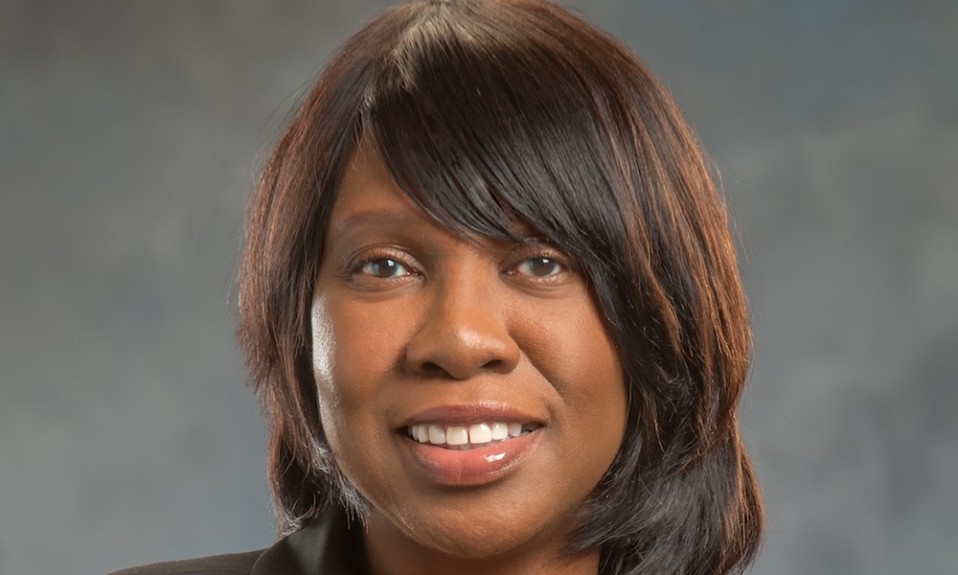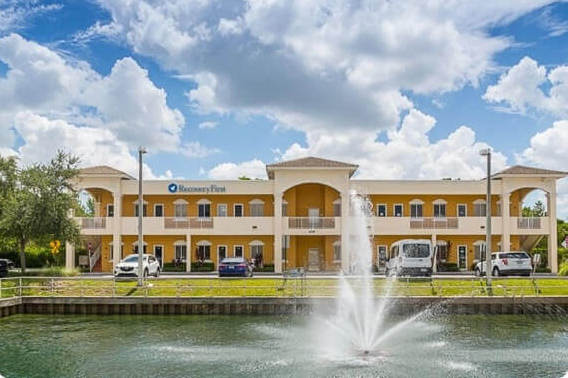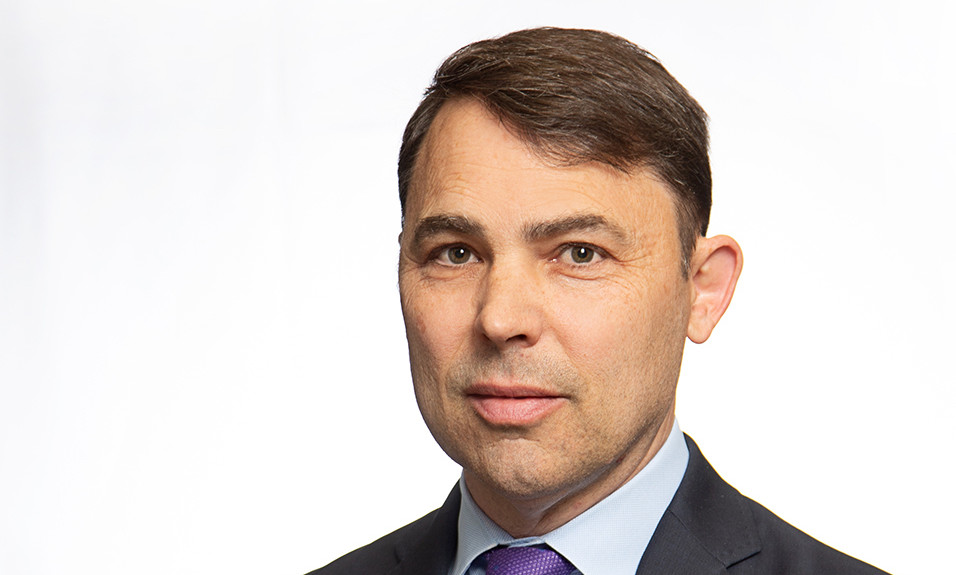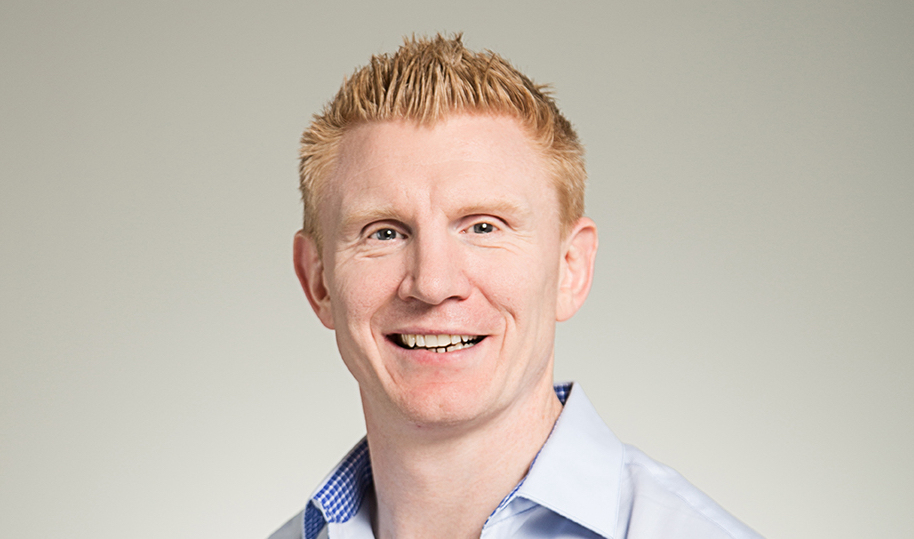Pamela Sessions runs a long-term residential program in Middle Tennessee that keeps mothers and children together during addiction treatment
By Jenny Diedrich
A Tennessee addiction treatment center is expanding its program to help more mothers stay with their children during the recovery process, ultimately keeping the family intact.
Renewal House, which soon will be opening a new facility, recognizes that separating a mother from her children during addiction treatment is not effective. It is, according to its literature, the only long-term family residential program in Middle Tennessee that treats women and their children together.
“I wish every mom who had a substance use disorder and had children could have an opportunity to come here and change her life,” says Renewal House CEO Pamela Sessions. “This program changes families’ trajectories for generations, and it’s so important.”

Since 1996, Renewal House has served more than 8,000 women and children. The organization sits on 14 acres in North Nashville and has 35 staff members.
TreatmentMagazine.com recently spoke with Sessions about the founding of Renewal House, its treatment program and what success looks like for its clients.
Q: How was Renewal House developed?
A: Renewal House was started as a way to keep families together when moms were seeking treatment for addiction. Frequently, moms would come into treatment, and their kids would go to foster care or go to live with other relatives. One day while in court a little boy told our founder, Mary Walker, a juvenile court referee, “Please don’t take my mommy away from me.” That is when Mary decided she should take action. Why should a mother who needs drug treatment be separated from her children? Instead of the child going to foster care and the mother going to treatment separately, they should stay together. Mary reached out to a group of concerned community citizens—doctors, lawyers, judges, business folks—and they formed Renewal House. The rest is history. We were founded in 1996 and are celebrating our 26th anniversary this year.
Q: Tell us about Renewal House’s main program.
A: Our primary program is a residential treatment program where mothers live on our campus with their children while they get treatment for their substance use disorder. Moms can have two of their children up to 10 years of age here with them. Unfortunately for moms who have older children by the time they get to Renewal House, those kids are often in foster care or living with other relatives. In a lot of the cases, we help get the family back together.
Women live independently in their own apartments. We have 17 apartments on campus. They participate in treatment and receive therapy all day, and in the evenings they put on their parenting hats and start taking care of their children. Women stay here on our campus for, on average, about six months. That gives them an opportunity to make some changes and develop new habits so they can be successful as they move forward. They also work to develop a good support system while they’re here. They identify sponsors and learn how to navigate meetings in the community to help them maintain their sobriety. While the moms are here, we help them do four things: get sober, improve their parenting skills, discover a vocational track and find stable housing.
“I love working with people who are considered disadvantaged and have a lot of challenges. I know they can become successful. I believe people deserve a second chance, and I believe people can overcome.”
—Pamela Sessions
The services provided here are guided by a medical director. The majority of the services are done by social workers, case managers and therapists. There are a lot of things we get for our clients in the community. For example, if someone needs to be detoxed, they go to the community for detox and come back here to participate in treatment. A lot of the women are pregnant, so they go into the community and get their OB services. Some of the women are on medication-assisted treatment, so they go into the community to receive those services as well.
Q. Does Renewal House offer other services?
A. We have another group of clients who participate in our intensive outpatient program. They come here for nine hours a week. They don’t need the same level of intensity as the women who are living here. They participate in groups and see their case managers. We focus on whatever the primary issue is that they need to address. Sometimes women are referred from the court system. Many of the women come from incarceration. We get referrals from everywhere.
The third thing we offer is long-term recovery housing. A woman can go from participating in our program, and we are her service provider, to living in our long-term recovery housing, and we’re basically her landlord. If a woman comes to us at the start and stays with us to the finish, we can be engaged with her for maybe four or so years.
Q. What makes your program unique?
A. We’re the only organization in Middle Tennessee where a woman can live independently in her own apartment on our campus, receive services and have her children with her. Even in unusual situations where it’s not quite ideal, it’s just better for a mother and a child to be together. We see a lot of pregnant mothers here. When they have their children with them, they really have an opportunity to bond. Bonding in the early stages of life is so important. Being able to keep that family together gives the child greater opportunity for success in so many areas in the future. It’s really important to keep the family intact.
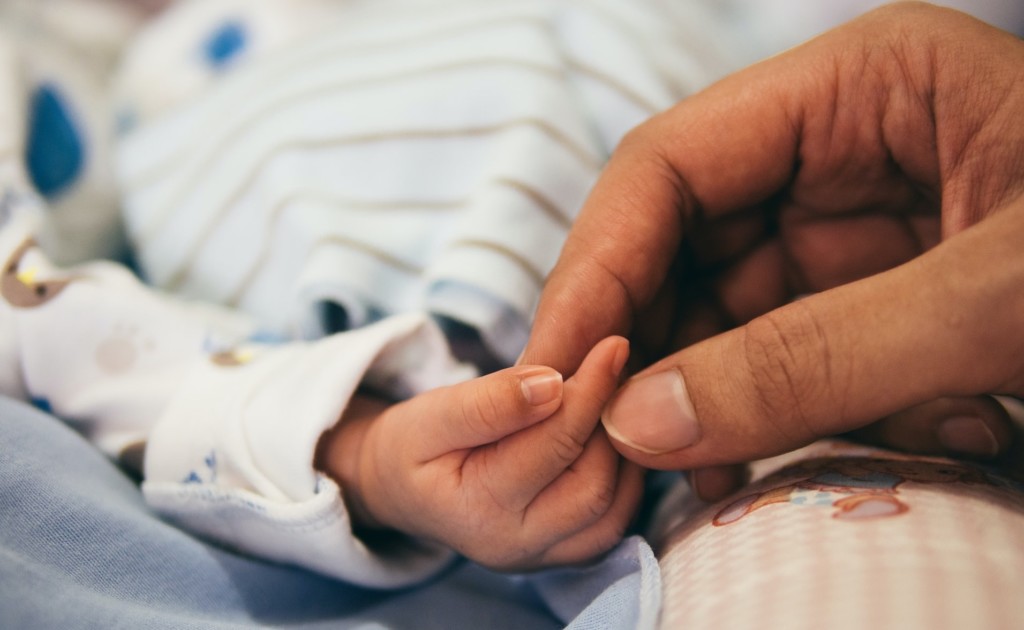
This is a gender-specific program. While there are only moms and children here, if the mom has a significant other or husband in the child’s life, they are able to come and visit. Sometimes we provide services to support the mom and her significant other in terms of counseling. We want to do everything we can to keep that family together.
Q. What does success look like for your clients?
A. Success looks different for every person. We don’t treat everyone who comes here the same. We treat people individually according to their needs. Success for one person could be, “I’ve been in several treatment programs and have never been able to stay sober. I’ve been sober for six months now.” Success could be a woman being able to get her kids out of the foster care system as a result of being sober and improving her parenting skills.
“One mom in particular finished her college degree while she was in this program, is working for a local nonprofit organization and, I think, has been sober now for five years. That’s amazing.”
We see women who are about to relapse. They may be working with a counselor or a probation officer who knows they’re in trouble, and they send them here to get a sponsor and identify resources. As a result of that, they don’t lose their jobs and are able to take care of their family. That’s a success. A mom just being able to carry her baby to term after using substances is a success.
One mom in particular finished her college degree while she was in this program, is working for a local nonprofit organization and, I think, has been sober now for five years. That’s amazing. We have a woman who got a job at a dialysis clinic and then got promoted. We try to encourage our clients to get jobs that are not just traditional, but a job where they can work full-time and have benefits.
“The need for our services is great, and we are currently building a new facility that will allow us to double our capacity. … We’ll go from serving 50 families a year in our residential program to about 100.”
We can name story after story. I don’t want to paint a false picture. Not all clients do as well as others, but some do so well. We have a woman here now who’s a recent graduate of our program who had twins, and she got custody back after she came here. We have a lot of successes.
Q. What’s next for Renewal House?
A. The need for our services is great, and we are currently building a new facility that will allow us to double our capacity. Our facility will be complete in a few weeks. It’s a 30,000-square-foot facility that has 34 apartments, office space for our staff and meeting rooms for group therapy with our clients. It will be great for us to have the facility to expand our services. We’ll go from serving 50 families a year in our residential program to about 100.
Q. Why are you so passionate about this work?
A. I have a master’s degree in social work and have worked in social services for about 30 years. I love working with people who are considered disadvantaged and have a lot of challenges. I know they can become successful. I believe people deserve a second chance, and I believe people can overcome. I love doing this work because I meet people at their worst and see them become who they want to be. That’s a great feeling for me. When I get to see that, it doesn’t feel like I’m working every day. It’s more of a mission and calling and less of a job. I am inspired and get my energy by seeing people thrive.
Bottom photo: Aditya Romansa


